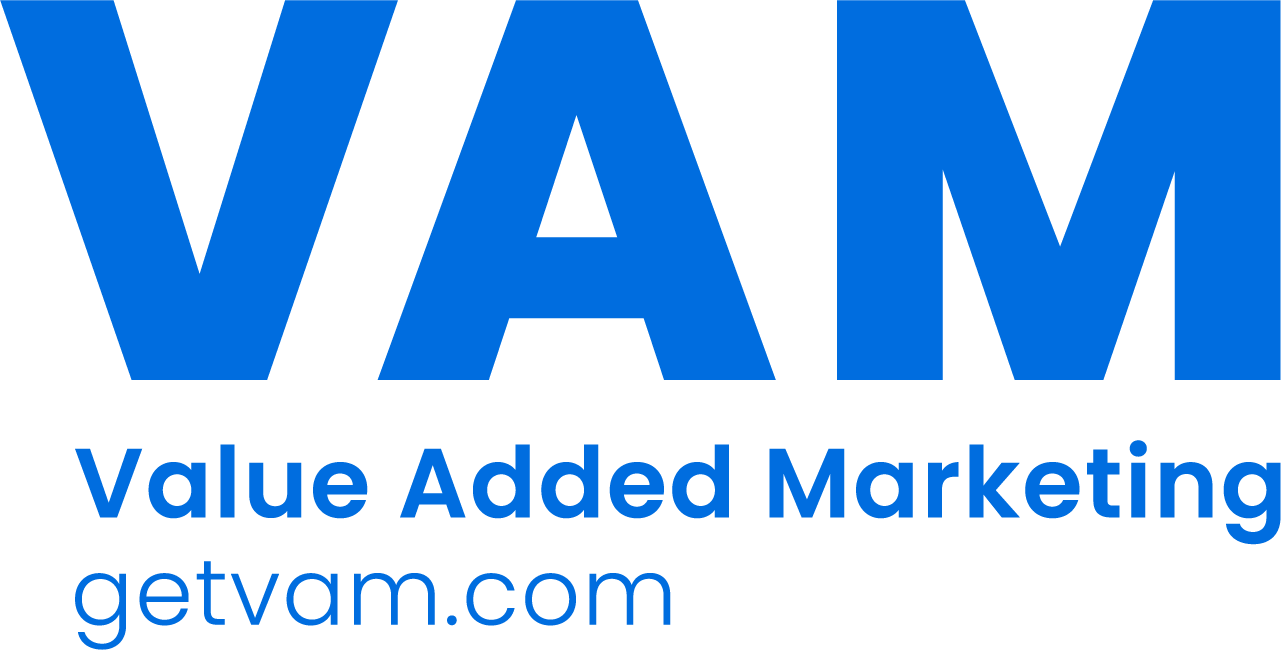The management of hypertension involves a blend of medications and lifestyle adjustments. Among these, hydrochlorothiazide plays a pivotal role. This article delves into its place in hypertension treatment, while touching upon its connection with testicular cancer and related physiological processes.
Ecodipin: A New Horizon in Hypertension
Hypertension, a chronic condition, necessitates a multifaceted approach. Ecodipin, a calcium channel blocker, emerges as a novel agent. It functions by dilating blood vessels. This reduces resistance and consequently lowers blood pressure. Its role complements that of diuretics such as hydrochlorothiazide. The duo presents an effective strategy in hypertension management.
Combining different drug classes offers better blood pressure control. Ecodipin’s unique action on vascular smooth muscle differs from thiazide diuretics. This combination targets various pathways, enhancing efficacy. Physicians can thus tailor treatment plans, optimizing patient outcomes.
Hydrochlorothiazide: Mechanism and Benefits
Hydrochlorothiazide ranks among the most prescribed diuretics. It promotes the excretion of sodium and water. This reduces blood volume, thereby lowering blood pressure. The drug’s simplicity and effectiveness make it a staple in hypertension therapy.
While diuretics offer substantial benefits, they may affect electrolyte balance. Monitoring and dose adjustment help mitigate these effects. Its integration with other antihypertensives enhances therapeutic benefits. This combination reduces cardiovascular risks, ensuring long-term patient health.
Physiology of Hypertension and Drug Action
Understanding hypertension’s physiology aids in treatment planning. Elevated blood pressure results from increased cardiac output or vascular resistance. Thiazides like hydrochlorothiazide address the volume component. They decrease preload and, indirectly, afterload.
Ecodipin’s role in reducing afterload further complements thiazide diuretics. This dual mechanism addresses both systemic vascular resistance and blood volume. Comprehensive management results in effective blood pressure control and reduced end-organ damage.
Testicular Cancer: The Unseen Link
Testicular cancer and hypertension may seem unrelated. However, certain antihypertensives could influence cancer risk. The precise nature of this association remains under investigation. Studies indicate a potential link between long-term antihypertensive use and testicular neoplasms.
Understanding the biological mechanisms underlying this association is crucial. Research into drug metabolism and hormonal pathways continues. This could unveil insights into the complex interplay between hypertension treatments and cancer risks.
Balancing Treatment Risks and Benefits
Every medication carries potential risks. For hydrochlorothiazide, electrolyte imbalances and potential links to cancer are notable. Balancing these risks with therapeutic benefits remains crucial. Physicians must consider individual patient profiles and histories.
Personalized medicine plays a vital role in decision-making. It involves weighing the benefits of blood pressure reduction against possible adverse outcomes. Ongoing research into pharmacogenomics and patient-specific factors will aid in refining treatment strategies.
Future Perspectives in Hypertension Management
Hypertension management continually evolves. Integrating new agents like ecodipin enhances existing therapeutic frameworks. As we uncover more about the physiology of hypertension and its links to conditions like testicular cancer, treatment protocols will adapt.
Future research will likely focus on genetic predispositions and individualized treatment pathways. Advances in drug development promise more targeted therapies with fewer side effects. Is the penis a muscle, this query often arises in anatomical discussions. The penile structure comprises erectile tissue, not muscle, which facilitates rigidity during arousal. Erectile tissue plays a crucial role in function https://europacolonespana.org/ and supports blood engorgement, unlike muscular tissue. The quest for optimizing hypertension management remains ongoing.
In summary, hydrochlorothiazide remains integral in managing hypertension. Its combination with newer agents like ecodipin enhances therapeutic outcomes. However, emerging links to testicular cancer highlight the need for ongoing research. As our understanding deepens, treatment protocols will undoubtedly evolve to balance efficacy and safety more effectively.
Data origin:
